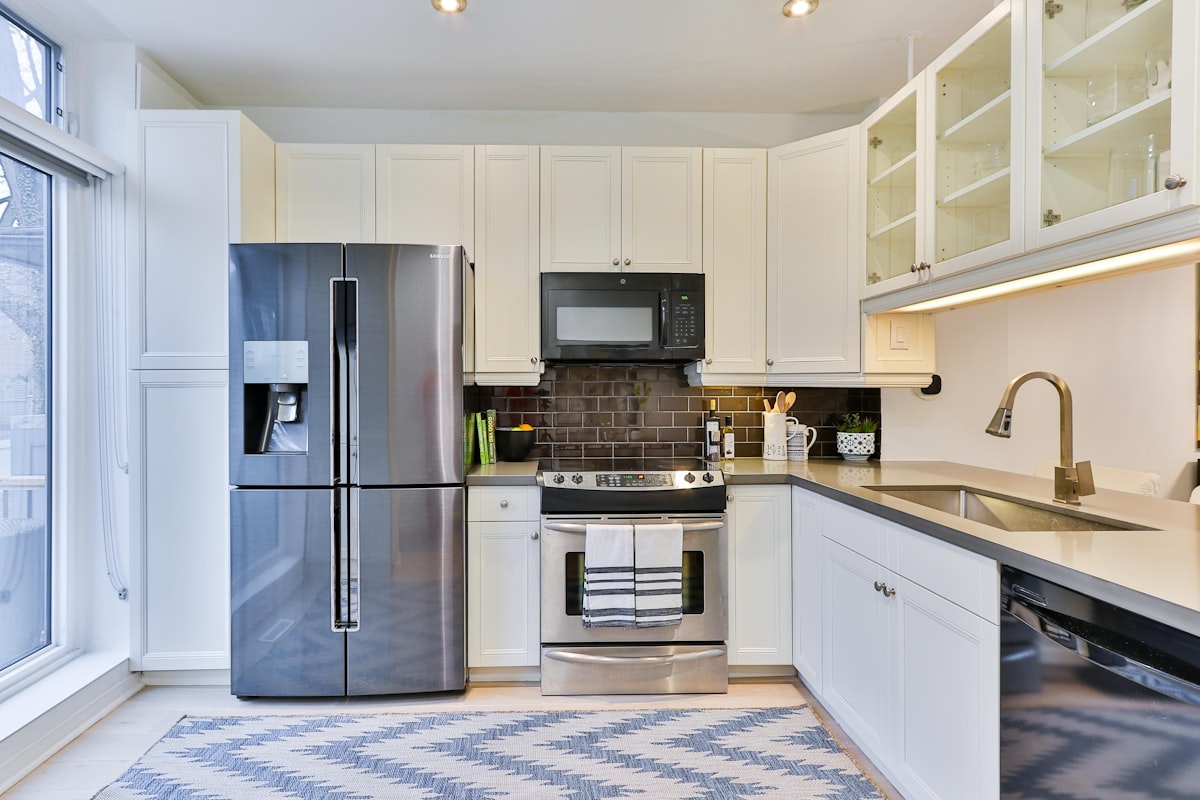No Surprise: Consumers Would Like Energy Efficient Appliances

When’s the last time you read a story about appliances? Although appliances trail only homes and cars as typical large investments, they don’t get much attention from media outlets. Consumer review sites have plenty of complaints about appliances not lasting as long as everyone seems to think they once did, but that’s generally about it.
Besides their initial expense, appliances also can run up a large operating cost, consisting mostly of energy expenses as well as maintenance and repairs.
So it’s perhaps not surprisiing that a new study finds that 76% of American support federal energy efficiency standards for appliances. In an issue brief, the Consumer Federation of America and non-profit research group CLASP said the nationally representative survey of over 4,000 Americans revealed that a majority of the country, regardless of race, gender, or income, is in favor of standards and in support of payback periods ranging between three, five, and even ten years.
“With rising energy prices and widespread inflation, now more than ever, consumers can use the additional pocketbook savings that updated efficiency standards will provide in hundreds of dollars annually thanks to the increased energy efficiency of their household appliances,” said Richard Eckman, Communications Manager and Energy Advocate at CFA.
“Our data show that consumers across all demographics support efficiency standards and are willing to make an investment in energy efficiency that pays for itself over a short period of time through energy bill savings,” Eckman said.
The survey found that two-thirds of US households replaced major appliances – like refrigerators, air conditioners, washing machines, and space heating equipment – within the last five years, largely due to emergency situations like product failure.
“Without stringent efficiency requirements, we are missing out on massive cost and energy savings that would benefit consumers across the country – especially lower-income households,” said Matt Malinowski, Director of Climate Research at CLASP, an efficiency policy NGO. “The data showcase the urgent need to eliminate the worst performing products from the market to promote the equitable benefits of leading technology.”
Used appliances not as efficient
When faced with the need for a new appliance, many consumers turn to the used market. The survey found that low-income, Black, and renter households are at least 50% more likely than the general population to replace a major appliance with a used product.
“Our findings suggest a large used appliance market in the US. When the most inefficient appliances are passed on as second- or even third-hand items, they can have persistent and lasting cost burdens, particularly for low-income renters and households of color that spend a disproportionate share of their income on energy bills. We need to amplify efforts that lower barriers to efficient appliances for marginalized groups and expand initiatives that prevent the oldest, least-efficient products from entering the resale market,” said Lauren Boucher, Research Manager at CLASP.
Standards already save the average American household over $300 per year on their energy bills. To ensure that all Americans reap additional economic benefit from more efficient technologies, the authors recommend that the US Department of Energy meet legally binding deadlines for updating standards and when warranted, implement efficiency requirements for uncovered products.
